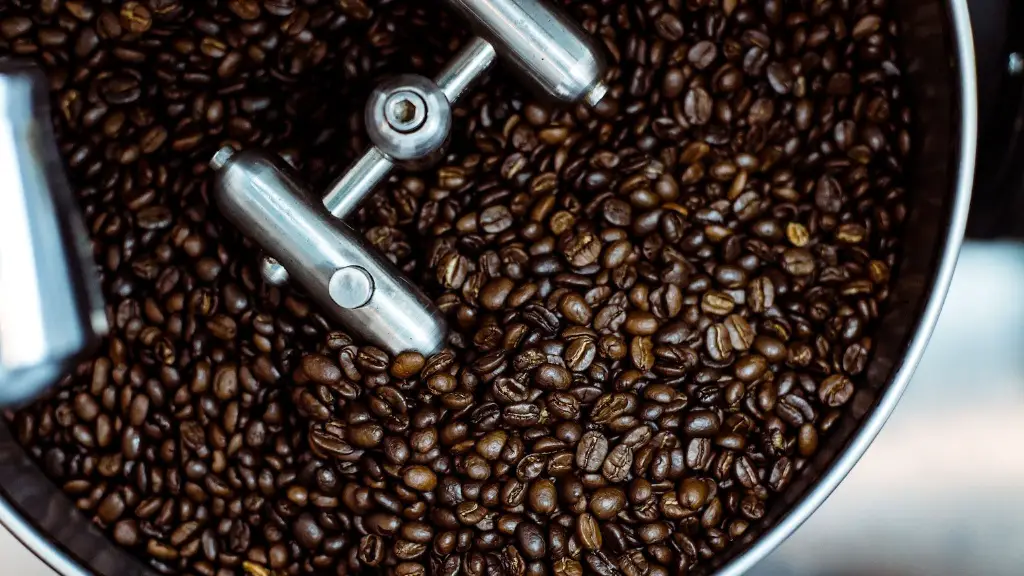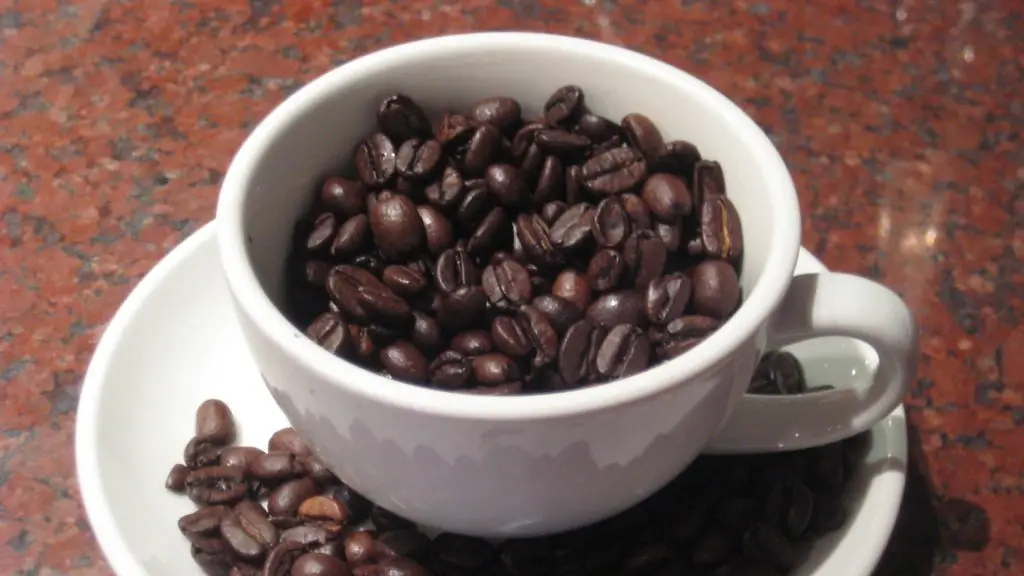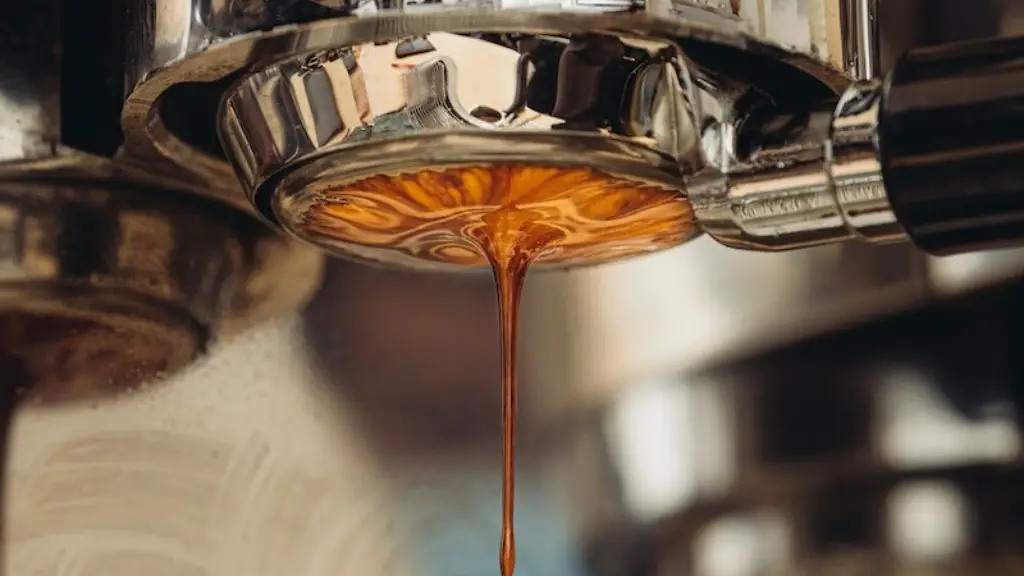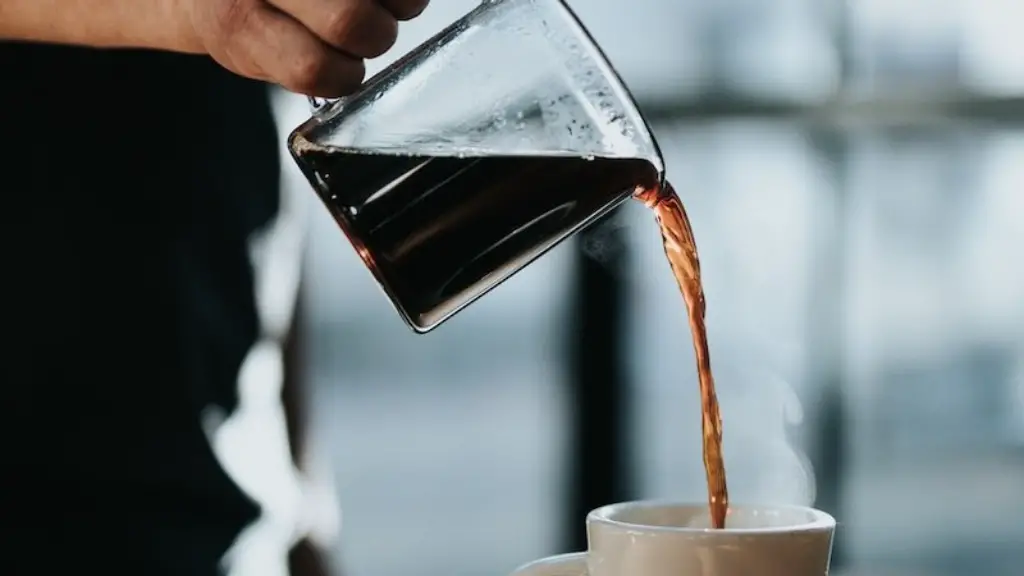Coffee is the drug of choice for many exercise fanatics. While it’s known to keep people energized and alert, many wonder if drinking coffee before a run is bad for performance. Is it a good idea to get a caffeine jolt before a work-out? It turns out that the answer is more complicated than you’d expect.
It’s been established that caffeine can be beneficial for overall performance. Studies have demonstrated it increases muscle strength and endurance during exercises like running. On average, coffee was found to result in a 1.8% improvement in a person’s running time.
Caffeine has been associated with reduced fatigue and pain. It also helps to regulate thermogenesis and can boost metabolism by up to 10%, contributing to weight-loss and fat-burning.
However, there’s a caveat. Caffeine has a diuretic effect, meaning it can lead to dehydration if people aren’t careful. Overconsumption of coffee before exercise can lead to a decrease in performance – especially in the heart rate and breathing. It may also cause GI distress and other side effects like palpitations and anxiety.
Given the pros and cons, experts recommend moderation. According to Dr. Richard Hoffman, a board-certified sports medicine specialist, “Probably the amount that most people would need is between three and six milligrams per kilogram [of body weight], so that can be kind of a wide range.”
Dr. Hoffman recommends that people start low and build up until they find the right dose. Additionally, he advises drinking plain water with regular electrolyte drinks to prevent dehydration.
Overall, it’s reasonable to assume drinking coffee before a run could be beneficial, however, it’s up to the individual runner to determine the right amount of intake – and to make sure they have enough water to go along with it.
Heart Rate
Exercisers should also be aware of their own heart-rate when consuming caffeine before a run. A small study done by the University of Arkansas found that after consuming caffeine, heart-rates rose 5-6 beats per minute.
However, the maximum heart-rate increase was observed after just 1 hour. The effect may be higher for those who are more sensitive to caffeine as well but, according to the study, this rise in heart-rate went mostly unnoticed by the study participants.
If participants had made use of heart-rate monitors, it could be an indicator to take it slow or rest if caffeine-related symptoms occur. It’s also possible that the heart-rate will improve over time.
But, the takeaway is to observe your own heart-rate to make sure you’re in your target zone.
Sleep
Because caffeine is a stimulant, pre-workout consumption could affect sleep quality. In one study, it was found that people who consumed caffeine late in the day had more difficulty sleeping. In particular, caffeine can lower your melatonin – the hormone that helps you sleep – and also disrupt the sleep cycle.
For avid runners, sleep is especially important due to the strain their bodies undergo after exercise. Therefore, it’s important to factor in sleep when deciding the timing of a post-workout coffee fix.
If running late in the day, experts recommend foregoing coffee altogether and instead, opting for drinks made of natural energizers such as green tea, which has lower levels of caffeine.
Environment
When deciding if coffee is a good idea before a run, it’s also important to consider the environment one will be exercising in. Hot weather increases the risk of dehydration, and drinking caffeine increases that risk.
Runners should also take note of their daily coffee consumption: Previous studies have linked coffee consumption to an increased risk of dehydration during exercise and in extreme heat.
Therefore, it’s important to practice caution when it comes to drinking coffee in a hot environment. If the temperature is high, it’s best to avoid caffeine and instead, opt for a hydrating beverage such as hydrating electrolyte drinks.
Supplements
If drinking coffee is a must, there are alternatives that can help. Supplements such as caffeine pills can make it easier to moderate caffeine intake as they come in smaller doses. They can even provide better control over the absorption rate of caffeine which, in turn, can improve the performance.
Overall, it’s best to consult with a sports specialist before starting a caffeine regimen. Additionally, always remember to stay hydrated and watch out for any potential side effects.
Timing of Consumptions
Finally, it’s also important to consider how far away from a run is the coffee consumption. Aim for 30-60 minutes before the actual exercise. Since caffeine stays in your body for approximately 5 hours, drinking a cup too close to a run could increase the risk of side-effects such as dehydration.
Though it’s impossible to provide a one-size-fits-all answer, the research provides some promising evidence that moderate caffeine consumption before running could be beneficial. As with anything, the key is to practice moderation and to listen to one’s body.
Body’s Response
Not everyone responds to caffeine in the same way, and it’s important to be aware of how your body responds and use that as a gauge. If you feel that coffee has no, or the wrong impact on your performance, it may be worth trying different kinds of roasts and brewing methods or even trying decaffeinated coffee.
It’s also worth experimenting with different types of energizing drinks. Some people find that green tea or matcha provide a nice boost before running – without the jitters.
Ultimately, there’s no one-size-fits-all answer when it comes to drinking coffee before a run. To find out if you’re one of the people it works for, keep track of your performance and what works and doesn’t work for you.
Caffeine Level
Caffeine levels can vary widely between different coffee brands, making it difficult to know how much one is actually consuming. Coffee aficionados may like to purchase speciality, single-origin and single-estate coffees to get a better sense for how much caffeine is in each cup.
In general, darker roasts tend to have less caffeine than light roasts, and instant coffee has the lowest caffeine level of all. Pre-workout energy drinks, however, tend to be very high in caffeine and should be used sparingly if any.
Additionally, drinks like espresso, cold brew, and nitro coffee – which can be found in speciality coffee shops – are usually enjoyed for their flavour more than their caffeine-kick. The same goes for pour-over coffee and French Press, which can easily be made at home.
All in all, it’s important to pay attention to your caffeine intake to make sure you’re drinking the right amount of coffee before a run. With the right amount of preparation and moderation, it could be the key to a strong work-out performance.





